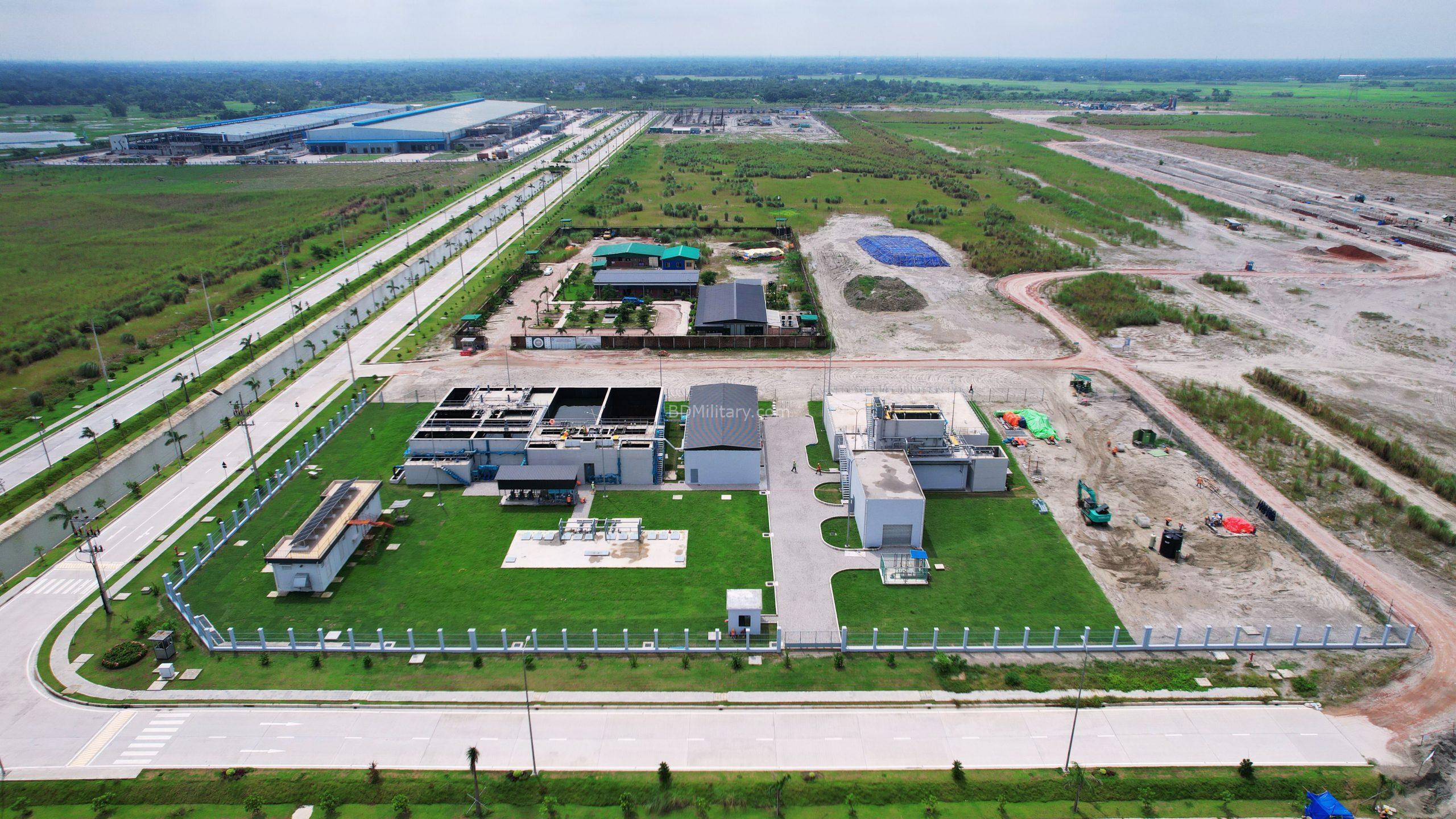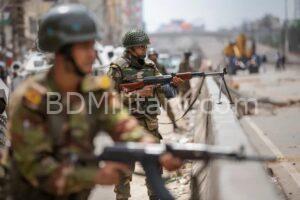The Government of Bangladesh has officially abandoned the long-delayed Indian Economic Zone (IEZ) projects in Mirsarai, Chattogram, and Mongla, Bagerhat, after years of inaction and a lack of response from New Delhi. The decision reflects not only stalled economic cooperation but also growing strains between Bangladesh and India since the fall of the Awami League government in 2024.
According to Chowdhury Ashik Mahmud Bin Harun, executive chairman of the Bangladesh Investment Development Authority (Bida) and the Bangladesh Economic Zones Authority (Beza), “The Indian Economic Zone has been removed from the G2G framework. Discussions were mostly preliminary or conceptual, and no formal contracts were ever signed.”
Prolonged Inactivity and Missed Opportunities
The IEZs were initially planned under a Government-to-Government (G2G) framework, backed by India’s concessional line of credit (LoC). Bangladesh had allocated 900 acres in Mirsarai and 110 acres in Mongla for the projects, with an estimated cost of Tk965 crore. Yet, only around Tk6.03 crore — approximately 1% of the total budget — was spent before cancellation, highlighting minimal progress.
Bangladesh repeatedly sought India’s consent to invite international tenders for land development, but the requests went unanswered. In 2023, Beza issued tender documents to two Indian companies — Adani Ports and SEZ Ltd and International Seaport Dredging Pvt Ltd — but neither submitted bids. Attempts to include Bangladeshi contractors and allow more flexible sourcing of materials were also rejected by India.
Md Mokhlesur Rahman, former project director and now executive member of Bida, observed, “Bangladesh did everything required from its side, but there was no response from India. No Indian contractor showed interest in land development.”
National Security and Strategic Implications
While primarily economic in nature, the collapse of the IEZs carries important national security implications. Both Mirsarai and Mongla are located near key ports and coastal corridors, areas critical for trade, logistics, and strategic preparedness. Their underutilisation risks leaving Bangladesh exposed to over-reliance on foreign partners for infrastructure projects in strategic regions.
Mustafizur Rahman, distinguished fellow at the Centre for Policy Dialogue (CPD), warned, “The IEZ land cannot just sit idle. Its underutilisation undermines both economic growth and strategic readiness.” With the deteriorating political relationship between Dhaka and New Delhi since 2024, reliance on Indian cooperation for high-value projects has become increasingly precarious.
Strained Bangladesh–India Relations
The cancellation of the IEZ projects highlights wider diplomatic tensions. During the sixth meeting of the India-Bangladesh Joint Working Group on Indian Economic Zones in April 2024, Bangladesh requested that both Indian and Bangladeshi firms participate in re-tendering, but India declined. Proposals to relax material sourcing rules were also rejected.
Several Indian companies continue to invest in other economic zones, including Asian Paints Ltd, Ramky Enviro Pty Ltd, and Marico Bangladesh Ltd, demonstrating that interest in Bangladesh remains selective and politically influenced. Analysts suggest that India’s disengagement from the IEZs reflects a diminished commitment to bilateral projects under the current political climate.
Repurposing Strategic Land
Bangladesh now plans to repurpose the land originally allocated for the IEZs. Although no final decisions have been made, priority is likely to be given to projects that strengthen both economic output and national security. Coastal and port-adjacent lands may be developed for industrial, logistics, or defence-related purposes — initiatives that reduce dependency on unresponsive foreign partners.
The collapse of the IEZ projects is a stark reminder that strategic infrastructure cannot rely solely on foreign goodwill. In an increasingly competitive regional environment, Bangladesh must prioritise domestic capacity building, diversified partnerships, and independent development of critical projects to safeguard both economic and national security interests.

Khaled Ahmed is a seasoned former intelligence analyst and military expert from the Netherlands, bringing over 15 years of specialised experience in operational intelligence, threat analysis, and strategic defence planning. Having served in high-level, classified roles within Dutch military intelligence, he possesses rare expertise in European security architecture, NATO doctrine, and asymmetric warfare. Khaled’s deep operational insight and international perspective enable him to deliver precision-driven intelligence analysis and forward-looking strategic forecasts. A trusted contributor to high-level risk assessments and security briefings, he offers readers clarity on complex defence and security challenges. Khaled leads the National Security and Fact Analysis sections at BDMilitary. He holds a Master’s degree in International Relations from the University of Groningen, The Netherlands, and is fluent in Dutch, French, and Arabic — combining linguistic dexterity with operational expertise to analyse security issues across cultures and regions.



